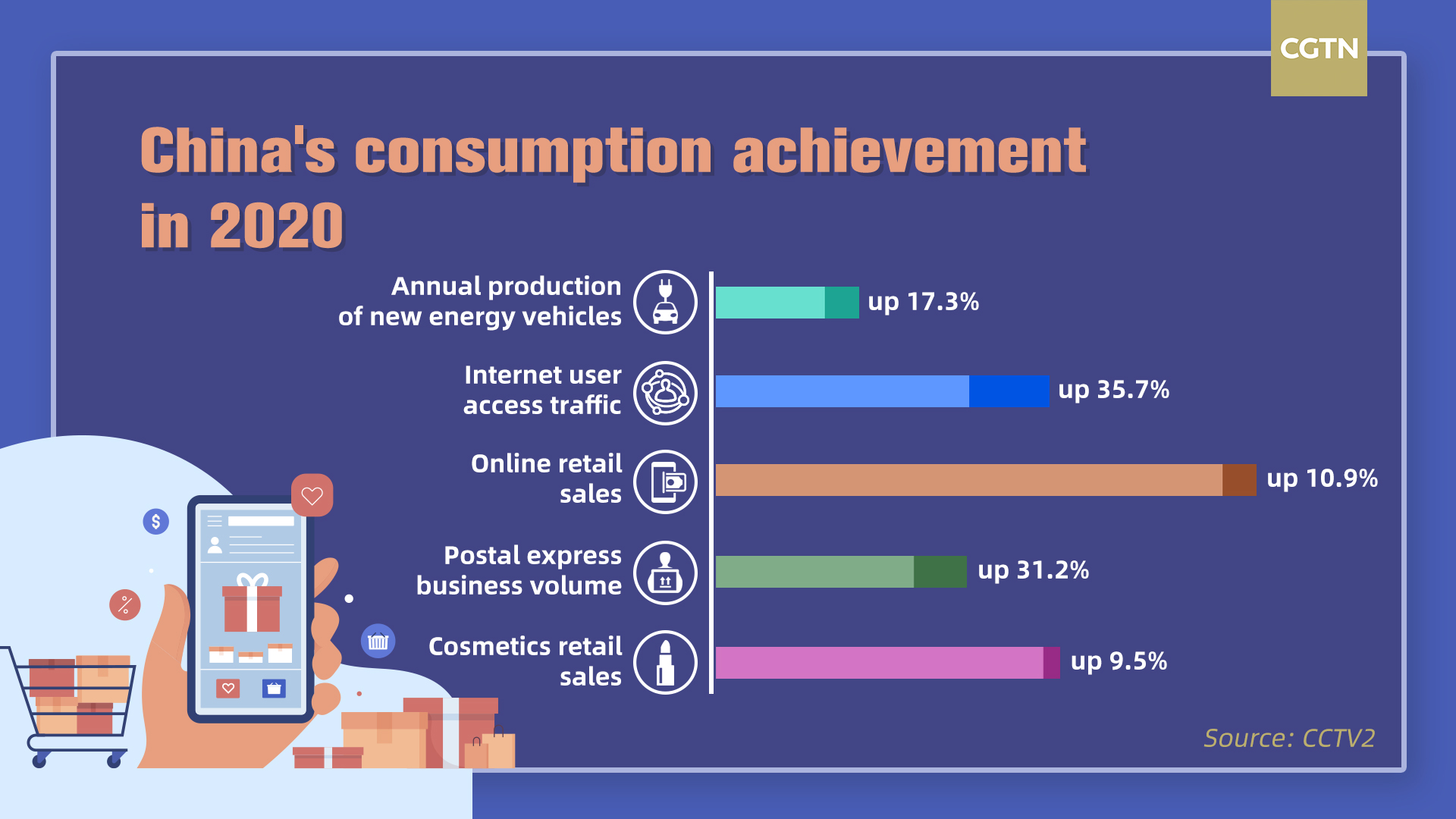
March 15, World Consumer Rights Day. /CFP
March 15, World Consumer Rights Day. /CFP
China has paid more attention to consumers' rights and introduced new ways to facilitate consumption in the digital age, according to CCTV's 315 Gala, an annual program aired each year on March 15, World Consumer Rights Day.
The gala usually names some brands and provides typical cases that infringed upon consumers' rights in various forms to arouse public attention and bring in tougher measures to tackle these issues.
This year, the main focuses were privacy, internet security and food safety. The following example is a case of infringing upon personal privacy through mobile apps.
'Phishing' apps
Li, 70, usually reads news and novels via apps on her smartphone. However, she found her phone running slower and slower, with "safety tips" – such as insufficient memory warnings – popping out frequently.
Every time she followed the instructions to clean up the memory, more "cleanup tips" showed up and the phone operated slower.
Experts from the cybersecurity center at the China Electronic Standardization Institute tested her phone, and found applications with deceptive names like Mobile Manager Pro had accessed a large amount of information on her phone rather than cleaning it.
"It will collect a lot of personal information, and upload it frequently, making the mobile phone more jammed, and elderly users will be caught in the trap of downloading such cleaning apps again and again. It forms a vicious circle," said He Yanzhe, deputy director of the cybersecurity center.
Based on the data the apps read, elderly users can be tagged as "easy to be misled and induced," leading to vulgar and deceitful advertising and content continuously being pushed to their phones.
Several famous brands, such as Kohler, BMW and Max Mara, were named due to their outlets collecting facial information via cameras without consumers' knowledge.
However, the State Administration for Market Regulation (SAMR) has clearly stipulated that authorized consent must be obtained before collecting facial information from subjects.

Regulating online transactions
China has stepped up efforts to protect consumers' rights, especially on the internet, as risks emerge with growing demand. Measures for the supervision and management of online transactions formulated by the SAMR were officially released at the gala, which refined a series of specific regulations to address platform responsibilities, and protect consumers' rights and interests.
The SAMR said that the promulgation of the measures will provide a powerful legal system for improving the online transaction supervision system, maintaining a fair and competitive online transaction order, and creating a safe and secure online consumer environment.
As China strives for high-quality development in the new era, it will remain committed to protecting consumers' rights and implementing the new development pattern of "dual circulation," according to the gala.

